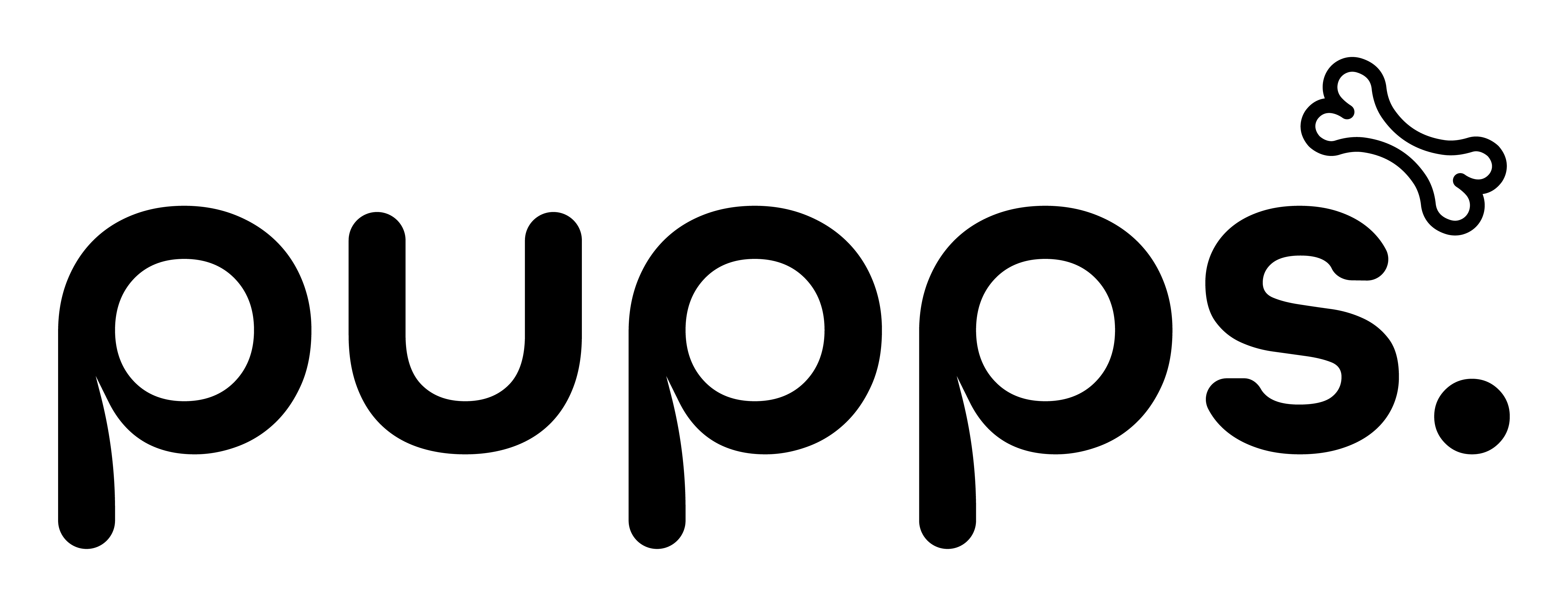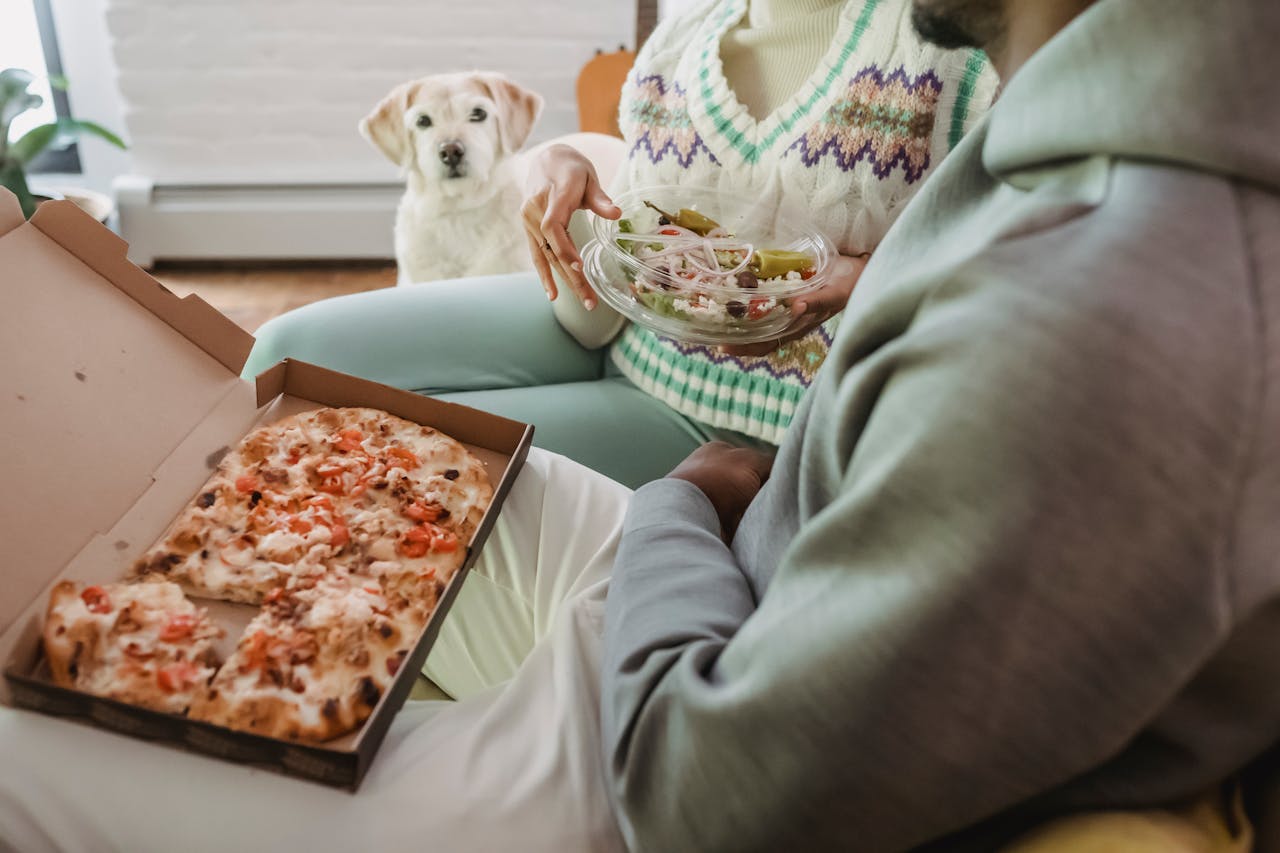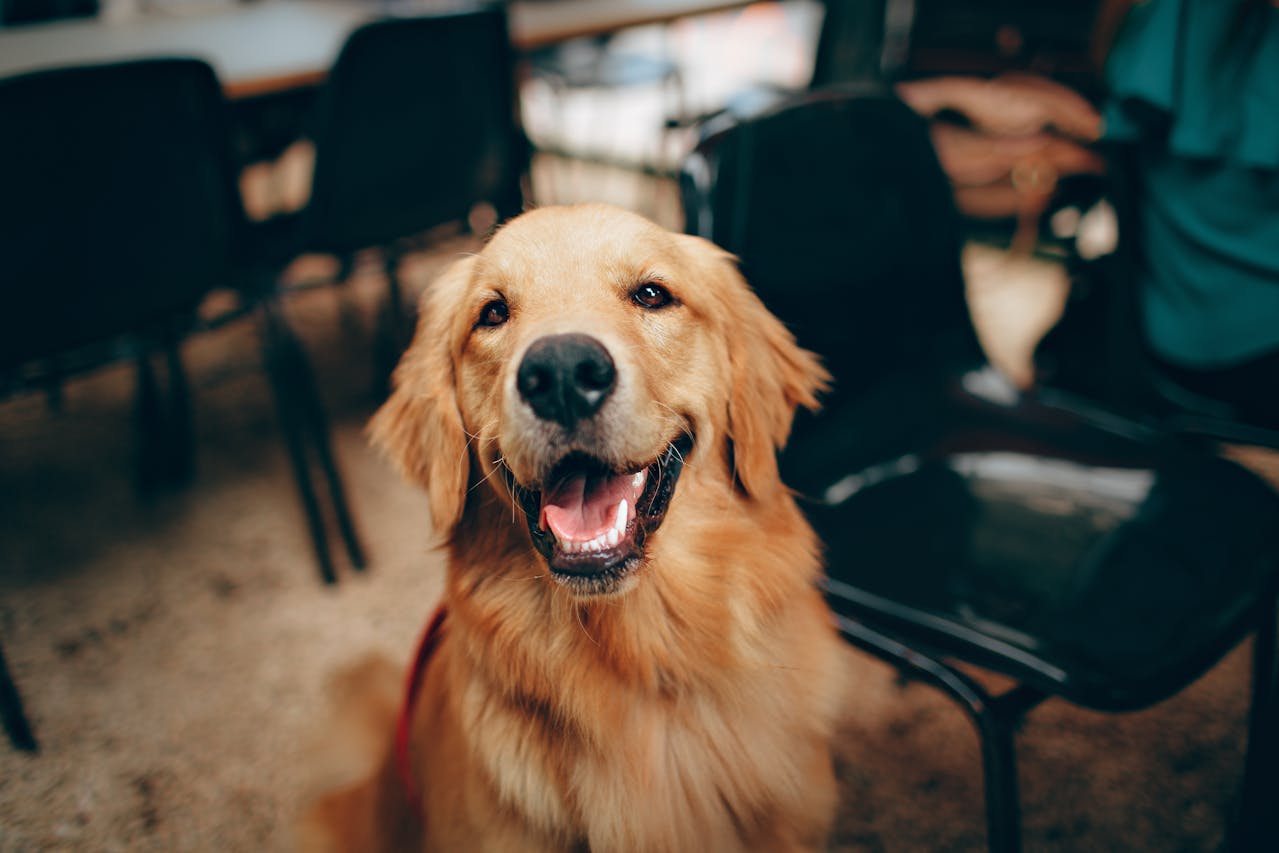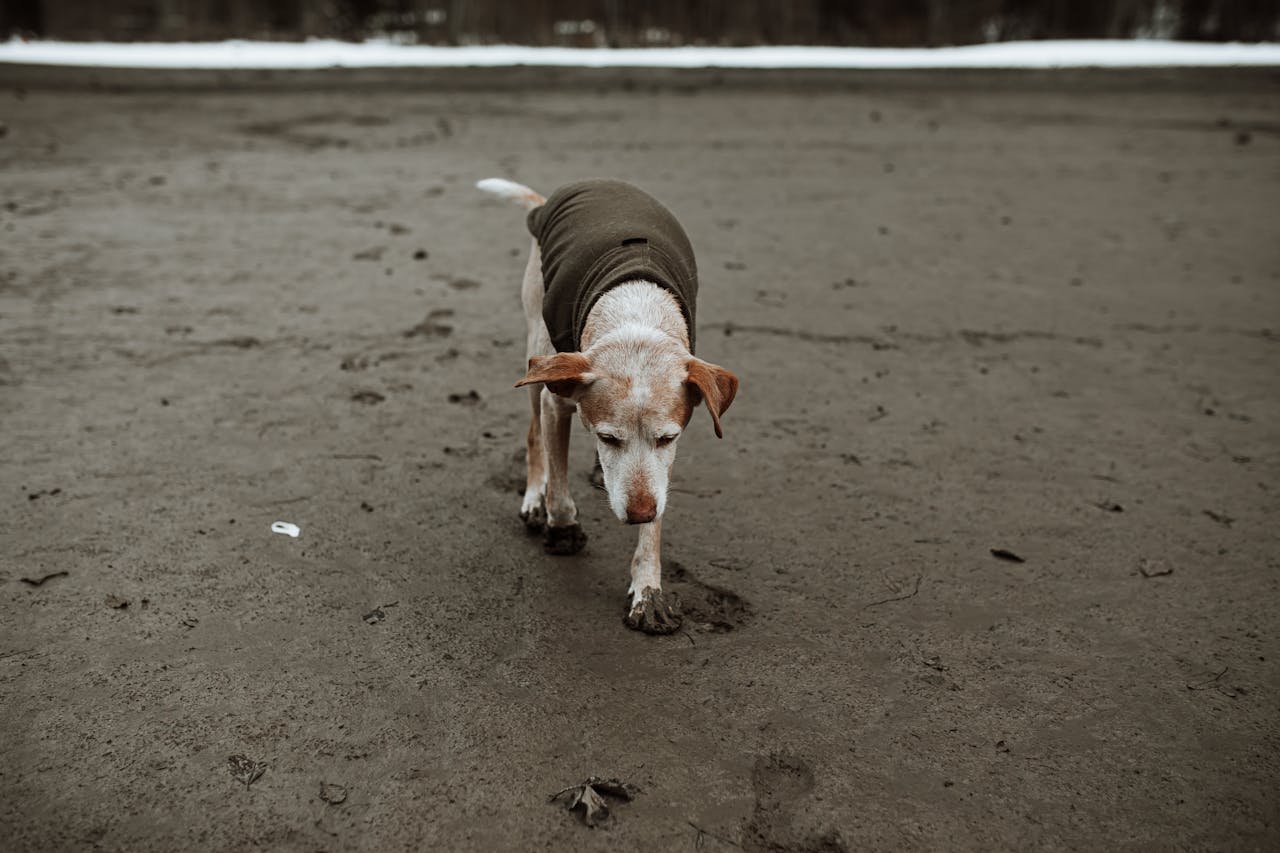Is your dog constantly begging for food but still looks skinny or fails to put on weight? It’s a common concern — and one that might be linked to their digestive system, stress levels, or nutritional balance.
In this post, we’ll explore the key reasons dogs might stay lean despite a big appetite — and offer solutions that support long-term health.
1. Malabsorption: When Food Isn’t Fully Digested
Some dogs eat plenty, but don’t absorb nutrients efficiently. This can be due to gut imbalances, low enzyme activity, or even undiagnosed conditions like EPI (Exocrine Pancreatic Insufficiency).
According to the Royal Veterinary College, dogs with malabsorption often show signs like loose stools, gas, and constant hunger.
✅ A daily dose of Pre & Probiotic Treats supports gut flora and nutrient uptake.
2. Underlying Health Conditions
If your dog’s appetite has suddenly increased, but their weight hasn’t, it may be time for a vet check-up. Possible issues include:
- ✔️ Hyperthyroidism (especially in older dogs)
- ✔️ Diabetes mellitus
- ✔️ Worm infestations (common in puppies)
Always rule out medical causes first. If cleared, your dog may just need dietary tweaks.
3. Low-Calorie or Incomplete Diet
Feeding the same kibble daily? You might not be meeting their energy needs. Low-fat foods or those with filler ingredients can leave your dog hungry.
- ✅ Choose high-quality food with named protein sources
- ✅ Add healthy fats like salmon oil or cooked egg
- ✅ Use Multivitamin Treats to fill nutrient gaps
4. Stress or Emotional Hunger
Like humans, dogs may eat out of boredom or anxiety. Changes in routine, loneliness, or lack of enrichment can cause them to seek food for comfort.
Consider adding calming routines, enrichment toys, and gentle training to reduce food-obsessed behaviour.
5. Poor Gut Health from Past Diets or Medication
Antibiotics, stress, or poor-quality food can damage the gut lining and disrupt the microbiome — which impacts everything from weight to energy to immunity.
The PDSA confirms that supporting the microbiome is crucial for dogs recovering from GI upset.
✅ Pre & Probiotic Treats can help restore balance naturally.
FAQ
Should I feed my dog more if they’re always hungry?
Not necessarily. Always rule out medical issues first. If they're healthy, gradually increase food and add calorie-dense supplements or toppers.
How can I tell if my dog’s food is too low in calories?
Check for high cereal or filler content. If your dog is still hungry and not gaining, it may not be nutrient-dense enough.
Author Bio
Written by Leigh Rose, founder of Pupps. Leigh collaborates with UK vets to ensure every supplement we create supports real-world health problems, with honest guidance at the core.
Final Thoughts
A hungry dog with no weight gain might be trying to tell you something. Support their digestion, vet-check their health, and offer a balanced, enriched routine to help them thrive.
🍽️ Explore Pre & Probiotic Treats and Multivitamin Treats to support healthy appetite, digestion, and energy.




Leave a comment
This site is protected by hCaptcha and the hCaptcha Privacy Policy and Terms of Service apply.